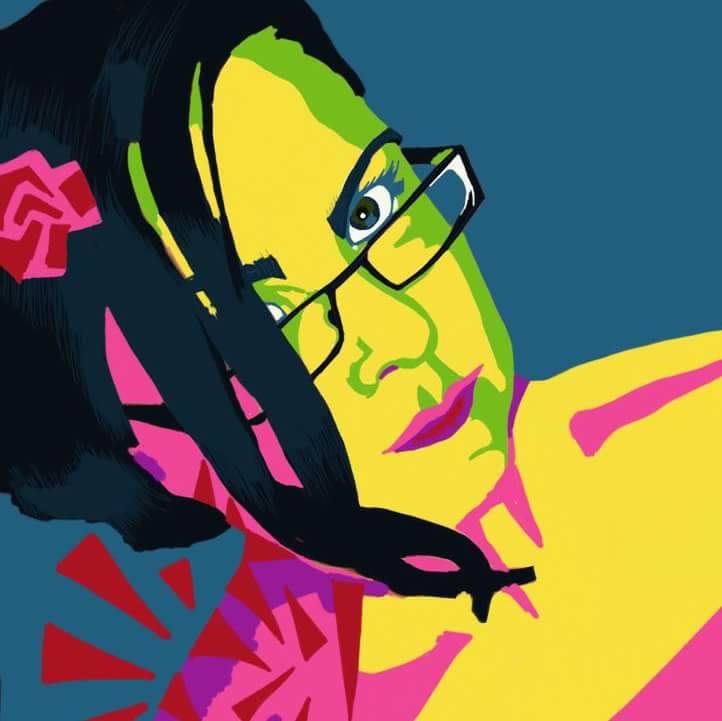 With the imminent arrival of International Women’s Day on the 8th March, City-REDI will be publishing a series of blogs celebrating women in economic development and the contribution we make. They are inspired by the current experience of City-REDI which is pretty unusual in its numbers of women at all levels in the team; from senior management and leading academics, through to early career researchers and project support. We all have different perspectives, journeys and are at different career points and these blogs celebrate the contribution we make to the team on International Women’s day.
With the imminent arrival of International Women’s Day on the 8th March, City-REDI will be publishing a series of blogs celebrating women in economic development and the contribution we make. They are inspired by the current experience of City-REDI which is pretty unusual in its numbers of women at all levels in the team; from senior management and leading academics, through to early career researchers and project support. We all have different perspectives, journeys and are at different career points and these blogs celebrate the contribution we make to the team on International Women’s day.
Rebecca Riley – Business Development Director
My experience and journey to my current role started with a desire to be an artist, a sculptor to be exact. The act of creating, generating ideas and thinking through concepts of structure, form, light and contrast fascinated me. Being able to see the world in new ways and interpret my surroundings, making sense of the space I existed in was always a driver for me. One of my favourite artists is Frieda Kahlo, her need to make sense of her own position and hardships in life and depict it through her art and her passion for politics and social change inspired me. Her creativity overflowed into her approach to social structures, injustice and a need to explain the world around her. Art however never quite satisfied my need to interpret, understand and have an impact on the world, so I choose to pursue a research career which allowed me to be creative, still interpret the world and look for new ways of having an impact and creating change. An early belief in the interrelatedness of people and places led to me specialise in research techniques, giving me a breadth of experience and knowledge, rather than depth in any niche area of economic development. Understanding how to access high quality information through a variety of techniques, understanding how to apply and maximise research impact is a key driver for me. My career has subsequently focussed on a number of key areas of economic development heading up a Regional Economic Observatory, providing consultancy services in the private sector and now in academia, focussing on monitoring economies, understanding the future pathways and innovation within economies, ensuring research is fundamental to policy development, developing impact pathways and assessing and evaluating the impact of public sector interventions have been central to all my roles.
Reflecting on what, as a woman, I bring to my research and understanding is interesting, and determining what is down to my gender is difficult to assess. My blog on women’s day last year challenged the idea of ‘the problem with women’ and focussed on research suggesting that having a balanced workforce leads to better company performance, improved financial health and productivity and improved innovation capacity due to better collaboration, networking and teamwork. That, in a nutshell, is what my gender possibly brings to my research; I thrive on collaboration, partnership and co-innovation. I see research as a process of learning, which creates the greatest impact when done together and in the pursuit of understanding the world to make it a better place.
I think it’s important to hear the women’s voice in research because we are in a diverse world; women make up half the population and are underrepresented in decision making and the defining the past and shaping the future. More women leading research may change the structure and nature of both the academic world and also the world in which we exist in, it will challenge traditional models of thinking. By bringing the voice of women into defining the problems, understanding them and finding solutions we open up new ways of approaching and viewing the issues we face. City-REDI is a good example of a positive environment, where collaborative approaches and generating new ideas and cross disciplines creates openness which helps us understand the challenges we face in economic development, in new and exciting ways.
I hope the future for women in research is one of empowerment, where women can progress to all levels of the research ecosystem, from consultancy to public sector to academia. Where research is inclusive, covers issues of importance to women and where old exclusive networks cease to exist. Where the current leadership styles and cultures are challenged and broken down. Where organisations see talented women and develop them and rather than seeing a quota or problem and where the contribution of women, is not an issue to be solved.
This blog was written by Rebecca Riley, Administrative Director, City-REDI, University of Birmingham.
Disclaimer:
The views expressed in this analysis post are those of the authors and not necessarily those of City-REDI or the University of Birmingham.
To sign up for our blog mailing list, please click here.
To read part 2 of this series, click here.
To read part 3 of this series, click here.
To read part 4 of this series, click here.
